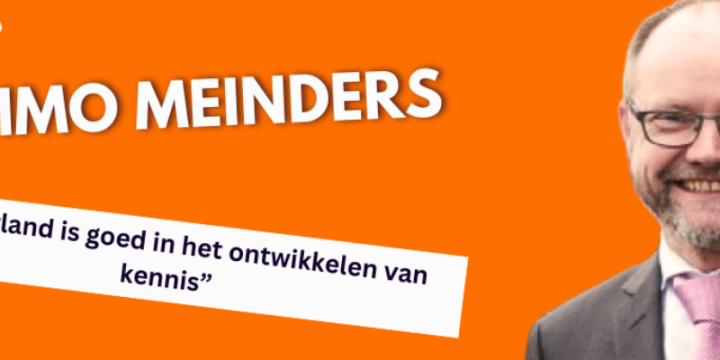Entrepreneurs can protect their invention in 17 countries of the European Union with one application. This will be possible as soon as the unitary patent comes into force on 1 June. A branch of the new European court for patent litigation - the Unified Patent Court - will also open in The Hague. This makes protecting inventions and innovations simpler, more efficient and cheaper. Large and small Dutch companies benefit from this, Minister Adriaansens of Economic Affairs and Climate announced today at the opening of the Unified Patent Court.
Protect and enforce with one application
The European patent system will be renewed by the introduction of the unitary patent from 1 June 2023. With a single application, companies can protect the ownership of their innovation and enforce it through the European patent court (Unified Patent Court) in 17 EU countries. Companies can litigate about European patents here in Dutch and English. A patent or patent is an exclusive property right to an invention of a technical product or process. It is important for entrepreneurs to protect their innovation with a patent in order to be able to compete. In 2022, Dutch entrepreneurs applied for 6,806 European patents. This puts the Netherlands in 3rd place within the European Union (after Germany and France).
Unitary patent
European member states are already working together with one central procedure for applying for and granting European patents. However, after grant, the retention, management and enforcement of patents is regulated separately in each country. The unitary patent should prevent this fragmentation. The patent will be valid from the start in Belgium, Bulgaria, Denmark, Germany, Estonia, Finland, France, Italy, Latvia, Lithuania Luxembourg, Malta, Netherlands, Austria, Portugal, Slovenia, Sweden. Other EU countries can join later.
Minister Adriaansens (EZK):
The unitary patent saves entrepreneurs time, energy and money. They can protect their innovation in one go in a market of 350 million consumers. They no longer have to deal with administrative obligations and translation requirements of all 17 countries.





